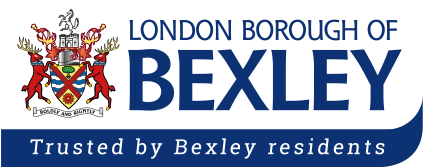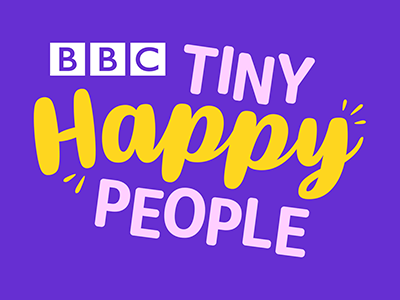Contents
- Introduction to the Born Ready, School Ready, Bexley Ready guide
- Pregnancy to 12 months
- Learning and development up to 12 months
- 1 to 2 years
- Learning and development 1 to 2 years
- 2 to 3 years
- Learning and development 2 to 3 years
- Speech, language and communication
- Childcare
- Learning and development 3 to 4 years
- Learning and development 4 to 5 years
- Tips to help prepare your child for school


